The location of Russia’s Wagner fighters remained a mystery on Friday after the Pentagon said the mercenary force was not participating in the war in Ukraine in any significant way, and President Vladimir Putin said they had refused his suggestion to return to the front lines.
Yevgeny Prigozhin‘s mercenaries were not participating in military operations in Ukraine “in any significant capacity,” the Pentagon said in a briefing Thursday.
According to the Pentagon’s assessment, the majority of Wagner forces are still in Russian-occupied areas of Ukraine, Defense Department press secretary Brig. Gen. Pat Ryder said, but “really effectively are no longer contributing as a significant combat capability.”
Putin said he had told Wagner commanders in a meeting at the Kremlin, just five days after they staged a brief armed mutiny last month, that they could serve their country again. But with one condition — that it would not be under the leadership of former insider, Prigozhin, who masterminded the revolt that shook the Kremlin.
Speaking with Russia’s influential Kommersant newspaper that he offered Wagner fighters “several employment options,” including returning to combat under the guidance of one of their immediate commanders.
“Many nodded when I said this,” Putin said, according to Kommersant. But Prigozhin, who Putin said did not see this, refused. Putin did not elaborate on what happened afterward, or what, if any, conclusions were reached about Wagner’s future.
Putin’s account could not be verified and Wagner officials were not available to discuss the details of the encounter.
Still, the interview sheds a rare light on the turmoil inside the Kremlin since the mutiny attempt on June 24 saw its fighters march on Moscow without much resistance.
Wagner has been pivotal for Russia’s war in Ukraine. It is one of the best trained and most battle-hardened units at Moscow’s disposal and has waged some of the bloodiest fighting on the ground. In May, it captured the eastern city of Bakhmut after months of grueling battles, delivering a rare victory for the Kremlin.
But Bakhmut was followed by a tense feud between Prigozhin and Russia’s top military brass over ammunition supplies, which eventually exploded into full-blown mutiny.
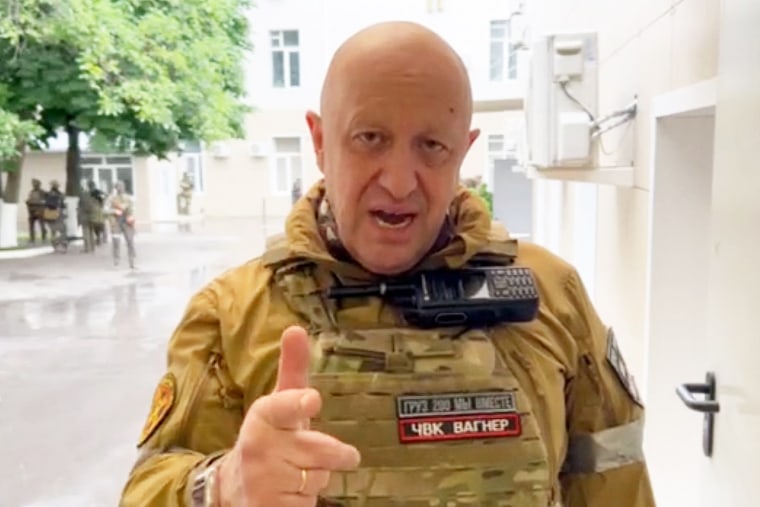
Likely unwilling to lose Wagner as a strategic asset in Ukraine in the middle of Kyiv’s counteroffensive, the Kremlin has tried to separate Prigozhin, whom it has called a traitor, from the Wagner fighters, who are still, even after the mutiny, hailed as heroes for their service in Ukraine by state propaganda.
While Putin initially accused Wagner of treason, a deal saw Prigozhin abort the revolt. The Kremlin said the mercenary chief would be exiled to Belarus, Russia’s close ally, and those of his mercenaries who did not want to sign contracts with the Russian military would join him there.
However since then, Prigozhin has yet to be seen in public, and there has been no clear indication of where Wagner is, although the Belarussian defense ministry said on Telegram Friday that fighters from the mercenary group had trained members of its territorial defense forces “in certain military disciplines,” without specifying when or where.
In the interview with Kommersant, Putin said Wagner fighters fought “with dignity,” but were dragged into treasonous mutiny. He wanted to meet with them after the revolt to understand their motivation, Putin added, not so much with Prigozhin himself. The Kremlin on Monday for the first time revealed that such a meeting had taken place, stressing that the mercenaries pledged allegiance to the Russian leader.
In his comments to Kommersant, Putin also said that Wagner doesn’t exist as a legal entity, and the “difficult question” around its legalization should be discussed by the Russian parliament.
For years, Russia and Prigozhin have denied Wagner’s existence and any connections to the Kremlin despite multiple reports revealing that it was involved in campaigns promoting Russian interests in Syria and several African countries.

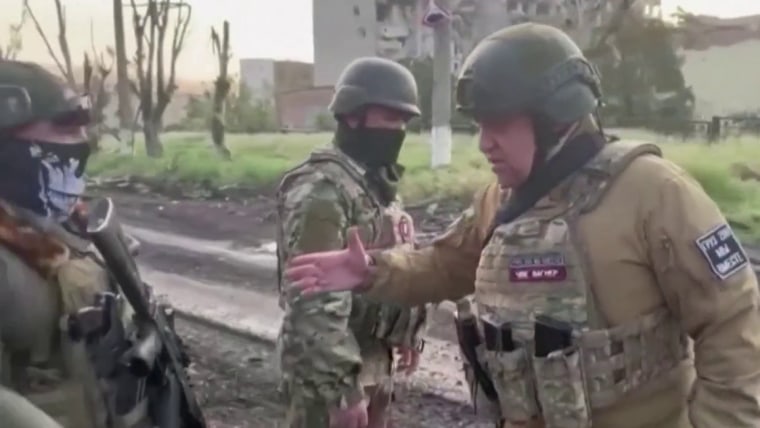

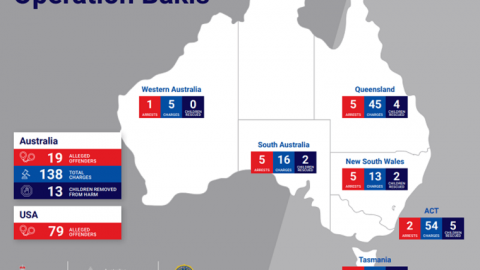
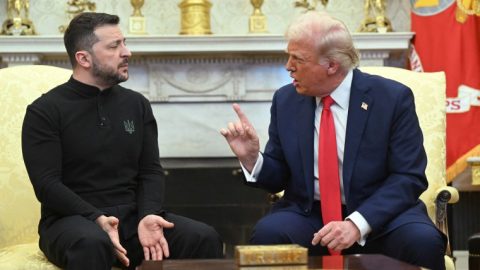
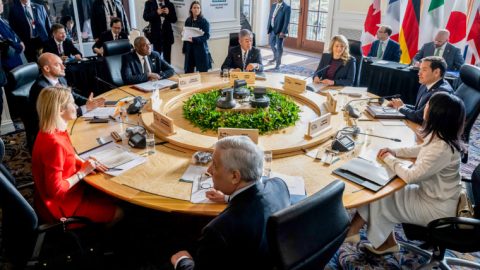
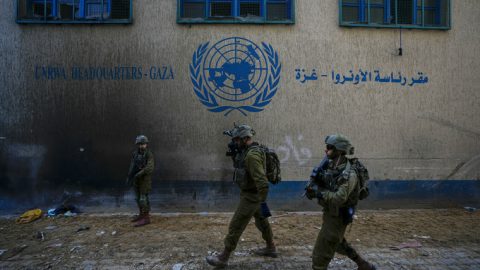
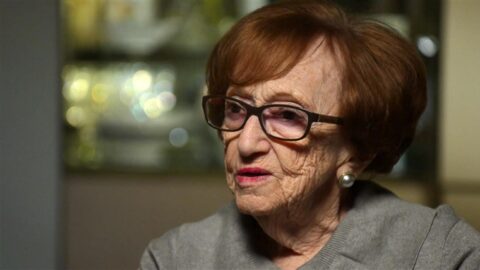

Recent Comments